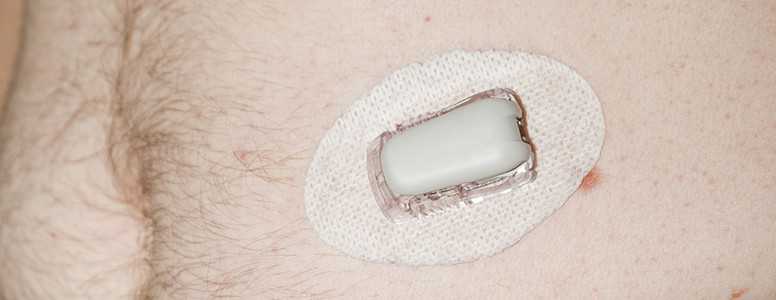Continuous glucose monitors (CGMs) could help adolescents with type 1 diabetes experience less diabetes-related distress and better HbA1c levels, a new study finds.
The US researchers behind the trial discovered that CGM use alone and with insulin pump therapy had greater benefits in patients compared with those who didn’t use a CGM.
“Technology use in youth may be associated with lower [HbA1c], although the magnitude of this association needs further evaluation given recent technological advancements,” said lead author Anthony T. Vesco, PhD, from Ann and Robert H. Lurie Children’s Hospital of Chicago.
CGMs were evaluated in a cohort of 1,040 adolescents with type 1 diabetes across the US, whose data was taken from diabetes camps. Participants completed surveys on diabetes-specific emotional stress in everyday life before and during the trial.
The adolescents were segmented into four groups depending on their treatment plan: CGM alone, insulin pump therapy alone, CGM plus pump therapy, and no technology use. The researchers then assessed the average differences between groups based on participant- and parent-reported diabetes distress, as well as HbA1c levels.
The results showed distress was lowest among those using CGM alone and highest among the no technology group. Additionally, both CGM alone and CGM plus pump therapy was associated with the lowest average HbA1c levels among the groups.
The researchers hypothesised, however, that the reduced benefits among the no technology group could be attributed to a low sample size.
Not to diminish the findings though, Vesco and colleagues stressed the results are significant, particularly the reductions in HbA1c, as this could help reduce diabetes-related complications in the future.
“Given that an absolute increase of 1% in [HbA1c] standard deviation is linked with increased risks for retinopathy and neuropathy, current results are clinically significant,” the authors wrote.
The findings have been published in the Journal of Diabetes Science and Technology.






